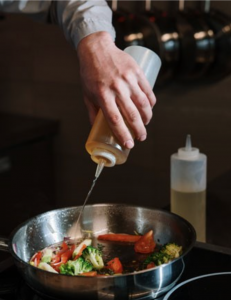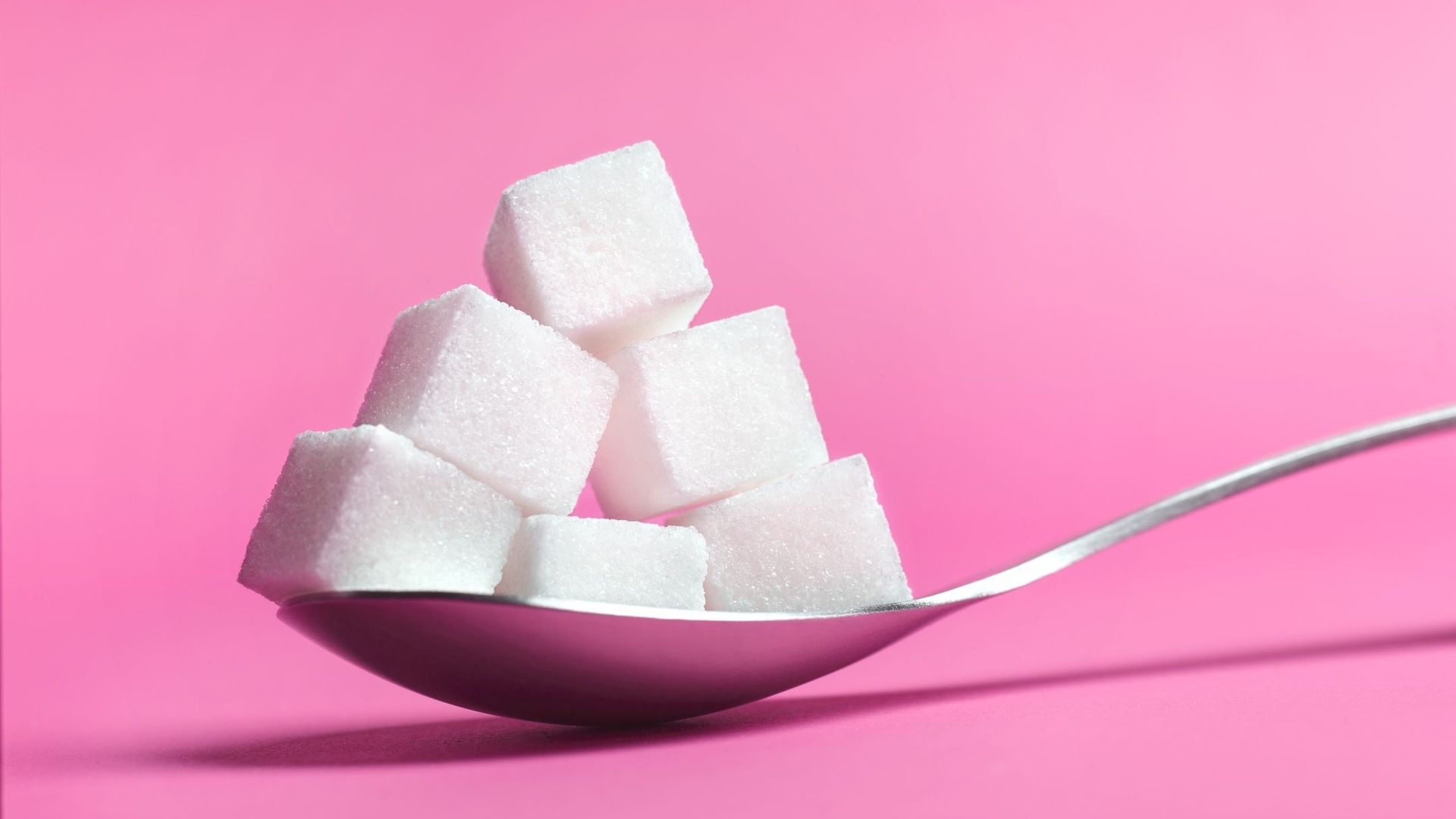How Can You Really Benefit from Vegetable Oils?
Oils are perhaps the only product that can be found in any part of the home of a modern person. In the kitchen, oils have been used for centuries for cooking; there are small bottles on the bathroom shelves of many households that do miraculous things (with external use, of course); and finally, many cannot imagine their home without fragrant aromas made by nature itself, filling every corner and creating an unusual atmosphere.
In short, oils are not just an important but an integral part of human life. Even in small quantities, oil is able to keep the body in good state and treat many diseases. How to choose the right product for you? Let’s look at the basic differences between oils and determine their beneficial properties.
Learning to Distinguish Varieties of Oils
Since we mentioned oils of vegetable origin that are used for cooking and essential oils for external use or, say, in aromatherapy, for massage, aromatization of rooms (aroma oils), let’s draw a clear dividing line between them. Herbal oils, like essential oils, are made from natural plant materials, such as roots, stems, leaves, seeds, etc. Aromatic oils contain a small part of natural oils, but most of them are produced in artificial conditions.
Essential oils are often used:
- cosmetics and perfume industry
- in the manufacture of medical products,
- in the field of food, for example for food flavorings
- aromatherapy and rituals
Vegetable oils are mainly used in:
- food industry
- light industry
- pharmacology
- and even in mechanical engineering
An interesting fact is that essential oils cannot be consumed orally and should be applied to the skin in an diluted state, while ordinary vegetable oils will not harm the skin or mucous membranes of a person in any state. Of course, a person can live without essential oils, but an insufficient amount of ordinary vegetable oil can cause damage to health.
How People with Various Health Problems Use Oil as a Remedy
By now, you’re probably looking at a bottle of sunflower oil and wondering if there’s anything you can do with it other than frying or dressing salads. It should be noted right away that the use of vegetable oil
as an additive to ready meals is the most common use case; people suffering from inflammatory processes in the stomach often resort to the use of vegetable oils on an empty stomach, about 1-2 teaspoons per day. A small caveat: it’s better not to experiment but to consult a doctor.

In addition to sunflower oil, the following types of oils are becoming more common due to their unique effect on the body:
- Olive oil. It has an excellent effect on the intestinal tract, improves the condition of the cardiovascular system, and helps lower blood cholesterol levels. Many appreciate it for its high content of vitamin E, which significantly improves the health of the skin, hair, and nails.
- Linseed oil. This type of oil is rich in omega-3, 6 and 9, as well as acids that support the normal functioning of the body. It is popular among those who want to lose weight – not as a fat burner but rather as an aid to maintaining the body during intense workouts.
- Hemp oil. The use of hemp oil is especially useful for people suffering from blood clots and is often used to cleanse the body and fight anemia.
- Pumpkin seed oil. The anti-inflammatory, anti-allergic, healing, and anti-ulcer effect of this oil helps primarily to cope with the problems of the nervous, cardiovascular, endocrine, genitourinary, and digestive systems.
- Coconut oil and black cumin seed oil. These oils do not leave indifferent people experiencing skin problems. While the former is great for treating dry skin, the latter is great for soothing inflammatory skin conditions.
People who are trying to lose weight should also not ignore vegetable oils. In fact, the fats that make up vegetable oils are the complete opposite of the harmful artificial additives that are deposited on the body; natural oils serve as a source of energy and nutrients for our body. Oils are made up of unsaturated fatty acids that are well absorbed by the body and help maintain the health of our heart and blood vessels.
How to Use Vegetable Oils Externally?
Speaking of oils as an external agent, it is important to know exactly how much to apply. This is the golden rule, which, if violated, can result in at least a zero effect and, in the worst cases, a severe allergic reaction. If you have not been to a doctor’s consultation and decide to use vegetable oil at your own discretion, start with the minimum dose, no more than two drops. Avoid application to visible areas until you are sure that your skin tolerates such application.

For external use, you can add the following vegetable oils:
- sunflower and olive,
- apricot kernel oil,
- grape seed oil,
- sweet almond oil,
- cedar and sesame oil,
- macadamia, jojoba, cocoa, hemp, pumpkin, oil
You’d say, would just applying a few drops of oil regularly be enough? Not exactly. The key word here is “to add” – the thing is that vegetable oils do not have moisture and can only hold it on the skin. Therefore, it is best to apply the oil already on the skin moisturized with the cream, or immediately after taking a shower. Since the texture of the oils is heavy, cosmetologists recommend exfoliating the skin and only then applying products to avoid clogging the pores.
In addition to adding a small amount of oil to your favorite beauty products yourself, you can also look at cosmetics that already contain this or that oil. Experiment wisely and be healthy!
For premium readers







